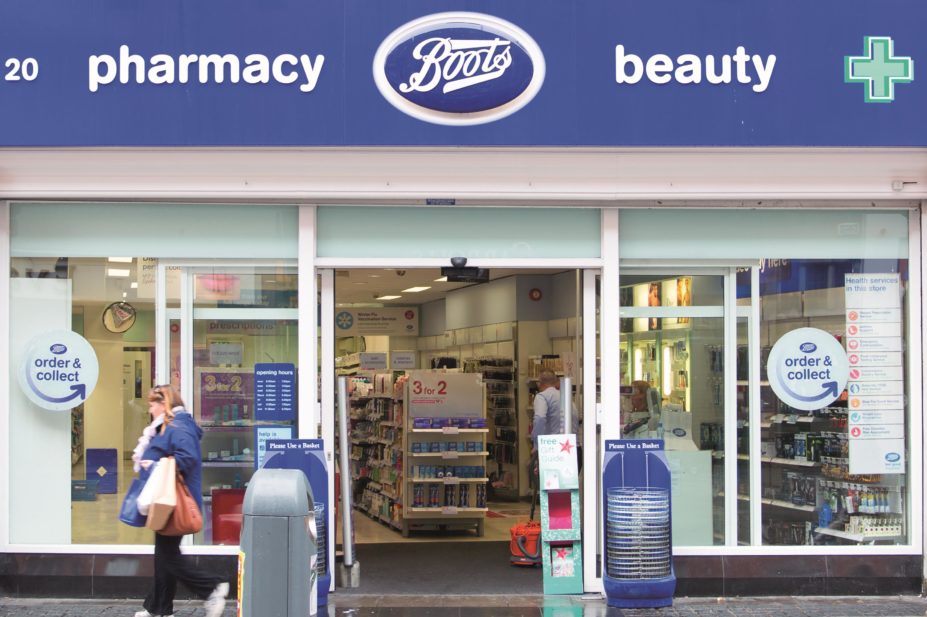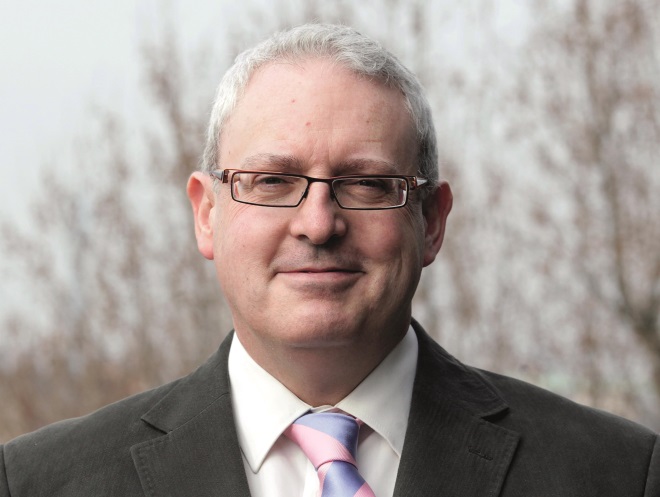
Martin Good / Shutterstock.com
Pharmacy organisations are calling for changes to the way medicines use reviews (MURs) are conducted after an investigation by The Guardian
claimed that a leading pharmacy chain was performing them unnecessarily to maximise profits.
The NHS pays £28 for each pharmacist-conducted MUR, up to a limit of 400 per pharmacy per year, and pharmacists working for leading pharmacy chains have complained in the past about feeling pressurised to deliver them by their bosses.
The investigation by The Guardian focused on Boots, the largest pharmacy player in the UK with more than 2,500 pharmacies. The newspaper claimed to have evidence to suggest that managers at the company were directing employees to see the figure of 400 as a target rather than a cap for MURs and encouraging pharmacists to carry out MURs on customers who didn’t need them so the chain could claim the maximum amount possible from the NHS. If a pharmacy carries out the maximum number of 400 MURs it will earn £11,200.
However, a Boots UK spokesperson said: “We don’t recognise the claims… our pharmacists are empowered to use their professional judgment to assess the appropriateness of a clinical service, and we make it clear to our colleagues that these services should not be undertaken inappropriately.”
Sandra Gidley, chair of the English Pharmacy Board at the Royal Pharmaceutical Society, believes target setting by pharmacy chains needs to be addressed. “The reports of unacceptable pressures that pharmacists are working in have been raised with us by individual members, in various settings, and there is an urgent need to address the issue of target setting and unacceptable commercial pressures within large company settings,” she says.

Source: Pharmacists’ Defence Association (PDA)
Mark Koziol, chairman of the Pharmacists’ Defence Association (PDA), says the PDA has been providing examples to the regulator about how pharmacist professionalism is being undermined by employers for years
But Mark Koziol, chairman of the Pharmacists’ Defence Association (PDA), points out that “while volume produces income, then volume will be driven”. He is calling for the current MUR scheme to be “comprehensively re-engineered in a way that enables it to focus much more so upon quality and clinical care”. This could be achieved through a community pharmacy contract and/or a contract that pharmacists have directly with the NHS, he says, and that there was also an argument for a second pharmacist to be available in the pharmacy “to deliver them in a more focused and productive way”.

Source: The Pharmaceutical Journal
Ash Soni, president of the Royal Pharmaceutical Society, says “anything which undermines the confidence of the public in that quality of care needs to be challenged and addressed”
Ash Soni, president of the RPS, told The Pharmaceutical Journal that pharmacies need to deliver the highest standards of professional care and that “anything which undermines the confidence of the public in that quality of care needs to be challenged and addressed”.
“For pharmacists to feel they are required to provide inappropriate care, in the same way, needs to be recognised as undermining their professional credibility and the confidence of the public,” he says.
While the regulator for pharmacists – the General Pharmaceutical Council (GPhC) – has consistently stated that the best way to protect the safety of patients is by underpinning the professionalism of pharmacists, Koziol says: “The PDA has been providing examples to the GPhC about how pharmacist professionalism is being undermined by employers for years.
“The GPhC appears unwilling to go after the miscreants, focusing its efforts instead upon individual pharmacists. We need the GPhC to put a lot more vigour behind its efforts to support pharmacists.”
In a follow up story published on 17 April 2016, The Guardian says the GPhC is “calling in evidence on the allegations” and says that the regulator has approached the newspaper for information.

Source: General Pharmaceutical Council (GPhC)
Duncan Rudkin, chief executive of the General Pharmaceutical Council, says it expects pharmacists to make the care of their patients their first concern and to raise concerns about any issue that may affect patient care
In a statement issued on 15 April 2016, Duncan Rudkin, chief executive of the GPhC, said its standards for registered pharmacies set out the standards that pharmacy owners and superintendents must meet in each registered pharmacy, and the standards of conduct, ethics and performance set out what is expected of pharmacy professionals “including that they make the care of their patients their first concern and raise concerns with the relevant authority about any issue that may affect patient care or public safety”.
Soni says he hopes that “what has been described is not normal company policy” and that Boots has ways of identifying where undue pressure may be being exerted and ensuring it does not continue. “In any cases identified I would expect the pharmacists to be supported as whistleblowers and not castigated for bringing these to the attention of senior managers,” he adds.
“With the introduction of the new standards by the GPhC, [in instances] where pharmacists felt their professionalism continued to be undermined, they should be able to report it to the GPhC, which would then need to investigate and ensure that the company was not failing the public in providing appropriate care at individual pharmacy or organisation level.”


